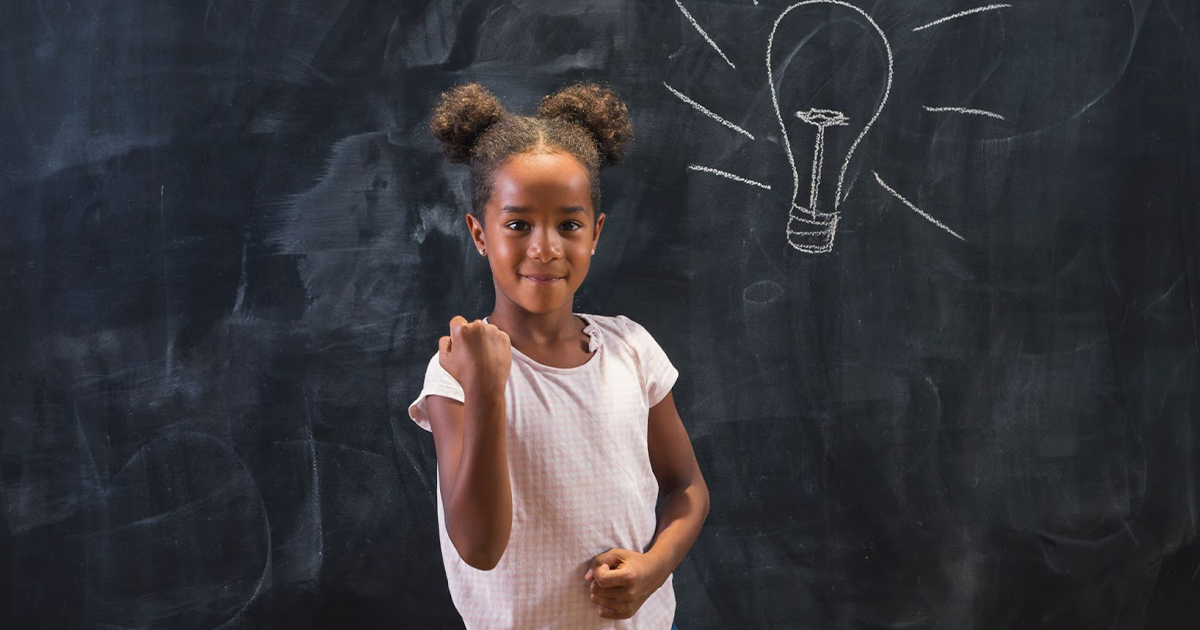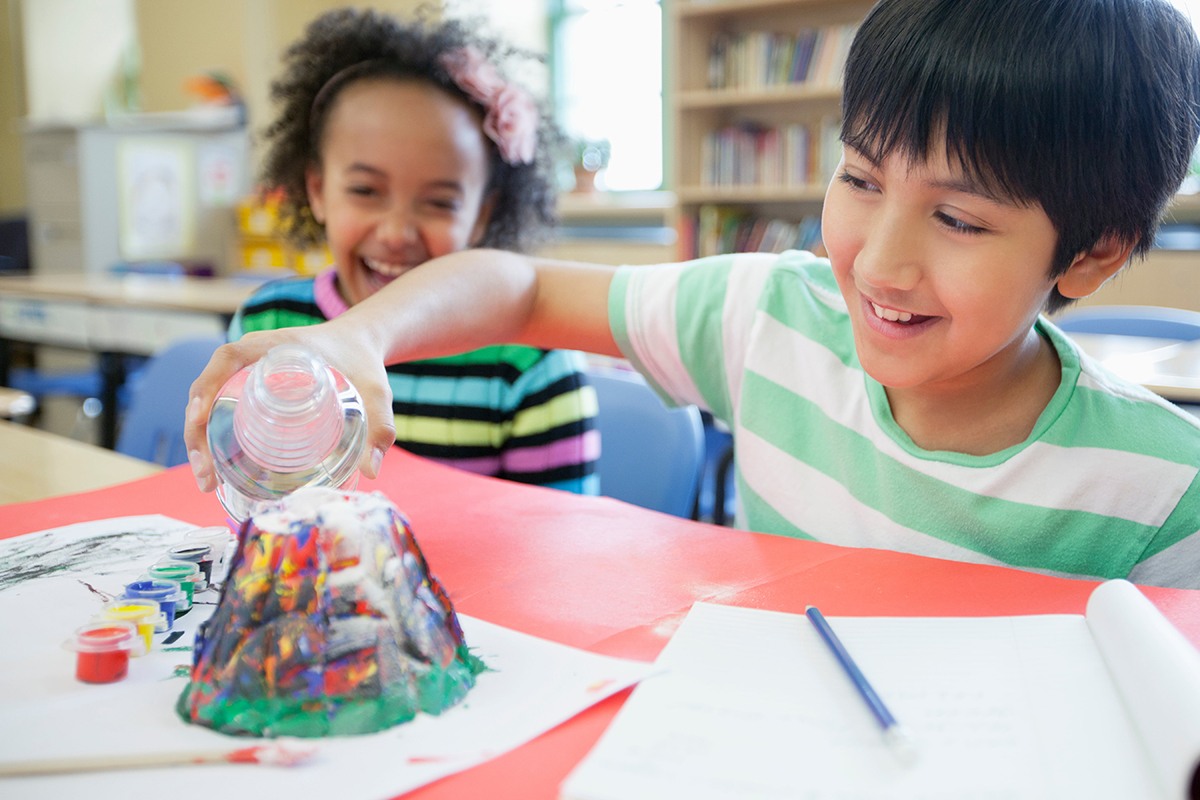Student Mastery Guide: 3 Ways to Master Mastery Learning

At Demme Learning, we embrace a mastery-based approach to teaching. As a result, many of the products that we offer are rooted in the principles of mastery learning. But what exactly does that mean? And how do you track student mastery effectively? Let’s take an in-depth look at these questions below.
What is Mastery Learning?
Mastery learning is based on the idea that students learn best when one concept or skill builds on the next. With a mastery-based approach, students develop a complete understanding of a topic before they move on. This creates a strong foundation of knowledge to build upon and ensures that students are ready to move forward.
Why Teach With a Student Mastery Model?
The traditional model of spiral (or incremental) learning doesn’t bode well for some students. When using a spiral approach, instructors present concepts repeatedly and expect that their students’ understanding will increase over time.
The main problem with spiral learning is that it’s difficult to determine where a students’ learning gaps exist. A student might not comprehend a concept in elementary school, but they’re pushed ahead anyway. Now, a new concept will build upon the previous one, but the student still has unaddressed misconceptions.
Over time, the concepts continue to build with increasing complexity. The student may catch up along the way (if given the right support), or they may never master that concept and fall behind. This is how some students graduate from high school without the knowledge and skills needed for their next steps in life.
Teaching with a student mastery model ensures that students have the knowledge they need before progressing on their learning journey.
3 Ways to Monitor Student Mastery
One of the most common questions we hear from instructors using the mastery learning method is, “how do I know if my student masters a skill?” This is a good question, as wrongfully assuming that your student has achieved mastery can lead to academic struggles and anxiety.
There are several strategies to determine whether a student has mastered a particular concept or skill. That said, it’s important to recognize that assessing student mastery should be an ongoing process rather than a final test or evaluation. Here are three ways that you can check your students’ progress and lead them towards achieving mastery.

1) Observations
As an instructor, you should always pay attention to how our students learn and interpret information. You can get valuable insight on their progress by evaluating how they find answers and complete assignments.
Body language and behavior can also convey information. For example, a student putting their head in their hands and sighing may signify frustration or confusion about a particular subject or skill.
These informal observations should inform how instruction must be adjusted according to a student’s needs. By providing students with an alternate method, giving them more time to practice, allowing a break, or simply giving them the freedom to ask more questions, you’ll strengthen their understanding and help them progress towards mastery.
2) Conversations
Informal conversations are also powerful tools for assessing student mastery. When we listen to students explain or “teach back” an idea or skill, we can gain a better sense of their progress and needs. Being able to explain to someone else how you arrived at an answer or conclusion is the deepest demonstration of understanding.
Additionally, during these conversations, we can provide the clarity and/or feedback needed to help our students increase their understanding without diminishing their confidence. The following questions all invite students to share their thoughts in a low-risk way:
- “Can you tell me more about ____?”
- “How would you set up this problem?”
- “How did you arrive at your answer?”
In these moments, you have the opportunity to reteach, refine, and clear up any misconceptions that are holding your student back from reaching mastery.
When having these conversations, be careful not to mistake conceptual understanding for proficiency. This can be a slippery slope for mastery learning. A student who has demonstrated conceptual understanding but hasn’t yet become proficient with a skill will likely hit a roadblock down the road.
For example, understanding the concept of multiplication but not committing basic facts to memory will impact future learning. So, be sure that your student has a full understanding and can easily recall or explain before you move on.
3) Applications
Projects and real-life applications can also encourage student mastery. Projects such as making a kite, creating a board game, cooking, or raising a garden can provide a deeper understanding of already-learned concepts. In these instances, monitoring the steps taken toward the final product (or goal) are essential for a student to move toward mastery.
While working on a project, a student may recognize that they need more information or clarity to accomplish their goal. For example, a student building a sled kite may ask for support when he realizes he must divide the width into equal fourths and the height into equal thirds. These moments of inquiry can help you determine whether your student has mastered the material or needs a bit more guidance to get there.

Of course, all students are unique and master skills at different paces. Depending on each student and skill, mastery may take a few days or a few months. You just need to focus on how your student learns best and adjust your instruction through observations and conversations along the way. Mastery learning requires a lot of practice, re-teaching, and patience, but take heart in knowing that it will set your students up for success long-term.